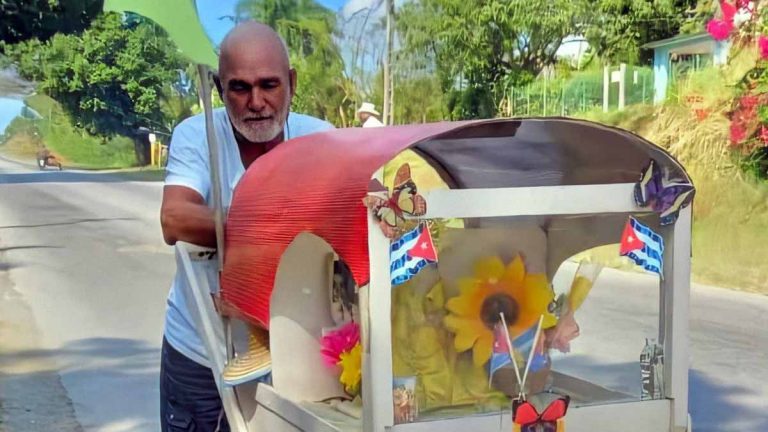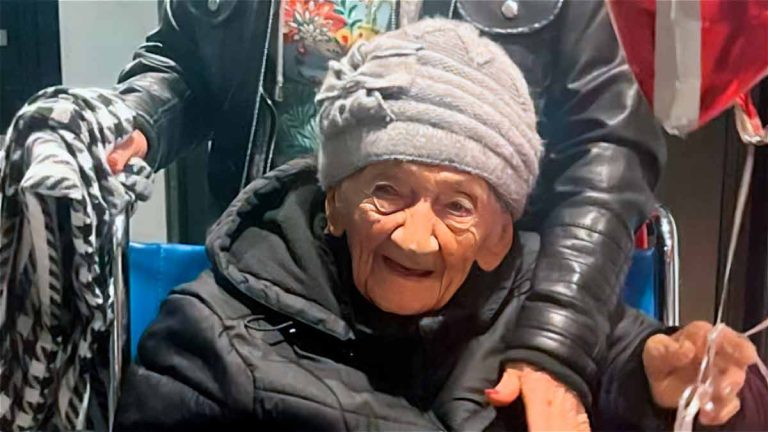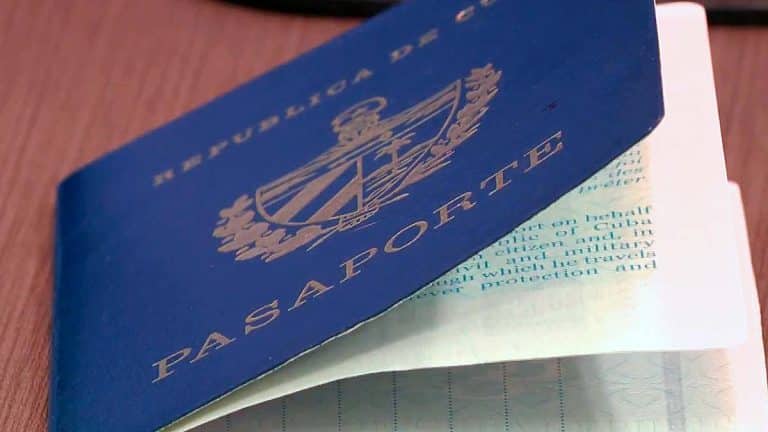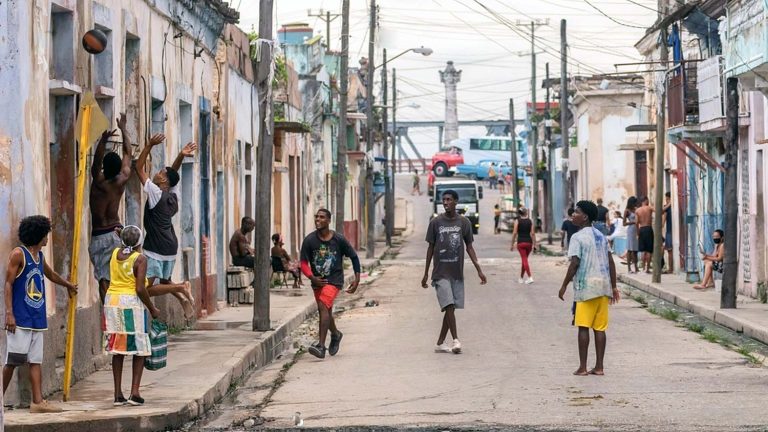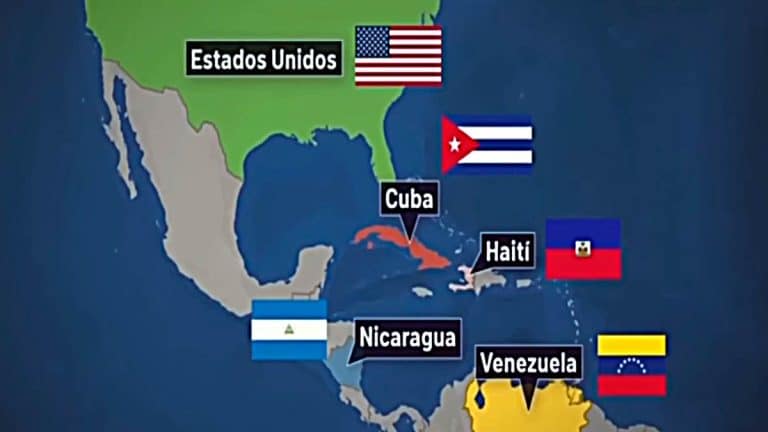Energy Monitoring Brigades Deployed in Cuba to Address Consumption “Irregularities”
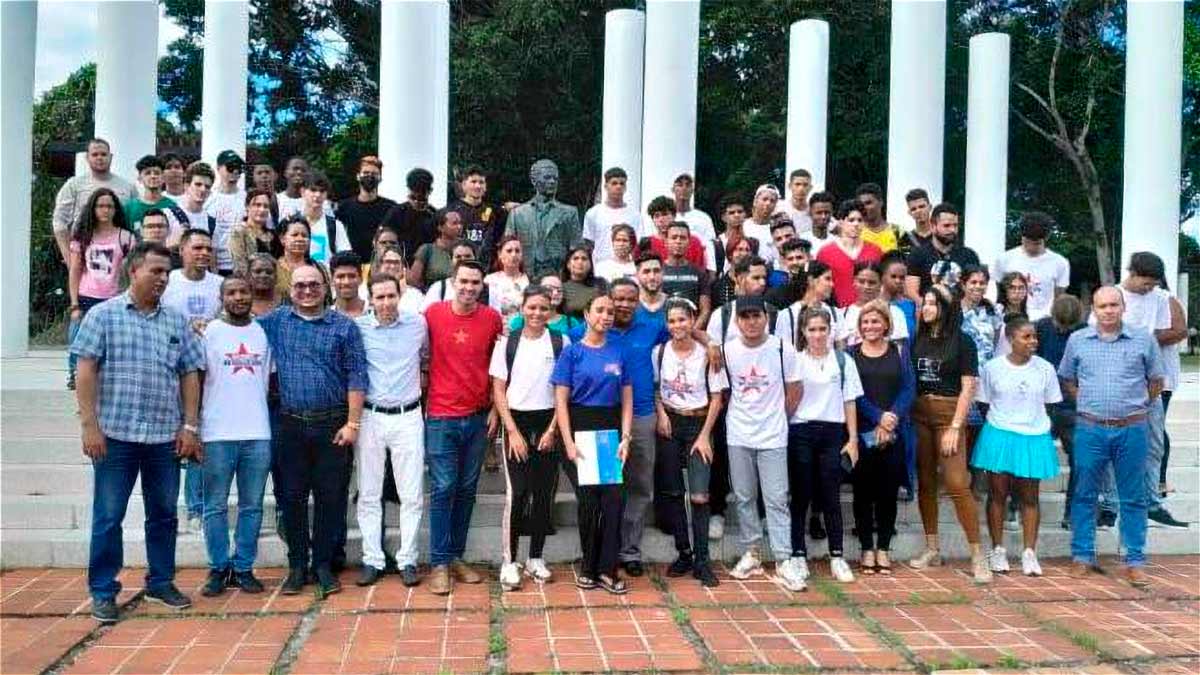
Following their official induction on Wednesday, November 8, the members of Havana’s University Energy Contingent are set to be deployed across various regions.
Their mission, as instructed by authorities, is to initiate a campaign for the “timely detection of irregularities,” monitor “residences, state and private entities,” and issue warnings to those listed as “high consumers” in the capital.
The brigade, composed of members from the University Student Federation and the Young Communist League, will work under the direction of the National Electric Union (UNE) to deliver a “fresh message” on “energy control.”
Captured on Cuban Television, these young individuals were seen entering homes, inspecting meters, and meticulously recording appliance details to ensure reported consumption matches actual household usage.
Asserting their readiness to act for justice without waiting for specific instructions, the brigade members, led by Yanara Sosa, the FEU president at the University of Havana, expressed their commitment to a “significant process” impacting both the state sector and residential areas.
Following the Wednesday induction, the contingent members will operate in various territories, overseen by UNE’s offices in Havana.
Similar activities have been conducted in other provinces, with universities forming student “inspector” brigades.

Universities Spearhead Radical Change in Consumption Behavior
The University of Central Las Villas (UCLV), one of the first to enthusiastically adopt this measure, has formed a contingent consisting of Electrical Engineering and Telecommunications students, alongside UNE workers.
Their primary task is “load assessment,” focusing on “new economic actors” or small and medium-sized enterprises (SMEs) in the province.
The UCLV aims to bring about a drastic change in consumption, defining its efforts as “preventive” against irregularities.
UNE officials have welcomed this initiative, especially as Santa Clara leads in electricity consumption nationally, alongside Havana.
Despite ideological undertones in the induction of the UCLV brigade, with calls to inspect with the Revolution’s benefits in mind, the reality of inconsistent electricity supply impacts Cuban university students directly.
Weeks-long class suspensions, extensive power outages in dormitories, and transportation issues have become routine across all provinces.
The Unmentioned Aspects of Cuba’s Energy Crisis
While the brigade and UNE discourse highlight a severe crisis, they omit the fact that Cuban ports continue to receive oil tankers, with a lack of government transparency regarding these operations.

On Wednesday, the Cuban tanker Delsa was anchored at Pemex’s terminal in Veracruz, Mexico, ready to load crude oil for transport to Cuba.
This activity contradicts Mexican officials’ claims of no “commercial relationship” in the energy sector with Cuba.
Despite sending approximately 750,000 barrels to Cuba in October and 2.8 million barrels from March to September, valued at around $200 million, Havana remains silent on how this fuel is utilized and why it fails to alleviate the national energy crisis.
The inconsistency in UNE’s narratives and the silence of the Energy Contingent on these matters reflect the complexities of Cuba’s ongoing energy challenges.

